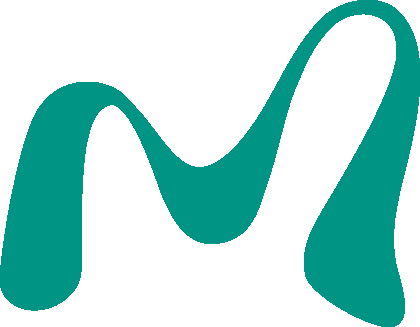This research group develops concepts and practical solutions for analyzing and processing geometric data, such as shapes, graphs, and abstract data sets alike. We take advantage of the rich structure in the data via intrinsic approaches to ensure consistency and reduce bias, thereby improving analytical performance. To this end, the group builds on and aims to extend the theory, algorithms, and applications of non-Euclidean statistics, geometric deep learning, and applied geometry.
Current applications revolve around shape analysis in the context of medicine, archaeology, and biology. A particular focus is the study of data together with co-varying parameters such as time. Examples include regression of disease-specific shape variations, morphological classification, and identification of systematic differences at the population level.
| Software | ||
 | The algorithms developed within the group are released as parts of the open source Morphomatics library. It contains Python-based implementations of the intrinsic manifold-based methods and is freely available on GitHub. |